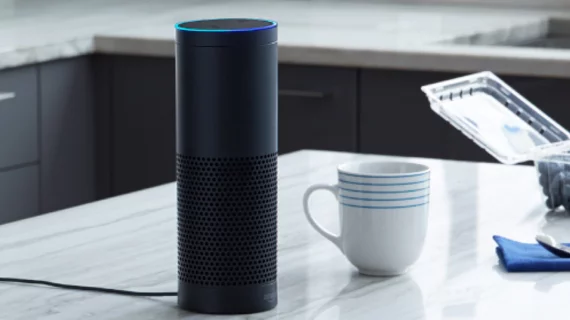Majority of consumers hope to use voice assistants for healthcare
Just 7.5% of consumers in the United States have used voice assistant technology—Amazon’s Alexa, for example—for healthcare. According to a new report, however, 52% want to use it for that purpose in the future.
The report, conducted by Voicebot.ai and Orbita, included survey responses from more than 1,000 consumers. Data was collected in September 2019. The full report is available to download on the Voicebot.ai website.
“This report is the first comprehensive analysis that considers how consumers are using voice assistants today for healthcare-related needs, explores features they'd like to see in the future, and highlights how provider and technology organizations have responded to the opportunity thus far,” Orbita President Nathan Treloar said in a prepared statement.
“We are pleased to collaborate with Orbita to publish the first comprehensive report analyzing the intersection of voice assistants and healthcare,” Bret Kinsella, founder and CEO of Voicebot.ai, said in the same statement. “Consumers are enthusiastic about the potential of these new technologies and we hope the data helps healthcare organizations better understand the market and make decisions about how they can leverage voice assistants to enhance patient engagement.”

